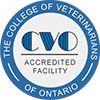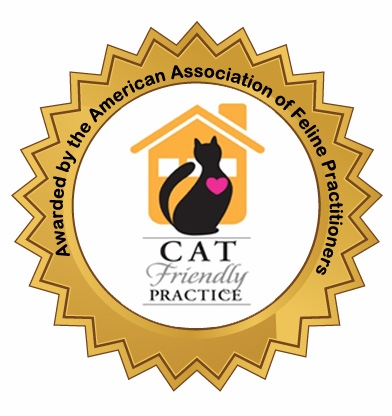
How to optimize your pets’ health care during the time of COVID
We are all feeling the effects of a year like no other. Our condolences to all families in our neighbourhood who have had to endure serious illness with potentially ongoing side-effects and those who have experienced the loss of a loved one. There continues to be confusion and stress over what is right and wrong, safe and not safe, and just how long are we going to live like this anyway?
Rest assured, that we are all experiencing the same struggles, and can only continue to do our very best to keep each other safe.
Your veterinarian has most likely remained open during this time. This has been far from a normal time, as we also experience the same family struggles while trying to maintain a work environment that is as normal as possible. Most clinics are operating with fewer staff as they also cope with lack of day care, illnesses and school closures. We are on the phone much more, often leading to more calls being picked up by the answering machine. Many medications and diets have not been consistently available, never mind all the PPE shortages that happened in the spring. All appointments are taking much longer so we do appreciate your patience, as we may not be able to accommodate your appointment as quickly as we did in previous years. The veterinary emergency clinics are also overwhelmed, so you can expect much longer wait times which can add a lot of stress to an already stressful time.
So the best thing is to keep your pet as healthy as possible.
This can be done by sticking with diets that your pet is used to, not offering treats and people foods that they would not normally get, and avoiding tummy upset or needless diarrhea episodes.
Keep medication strictly inaccessible to your pet to avoid accidental ingestion of your own prescriptions and your pets’ normal supplements, flea and tick medication and parasite preventatives. This includes toxic plants, always check before you buy something new that your pet may be able to lick or chew.
Plan annual and vaccine visits in enough time that your pet does not need to miss important immunizations to keep them healthy while scheduling may be limited at your vet. Continuing regular preventative health programs, such as flea and tick prevention, is critical to their good health.
Be thoughtful in how you provide exercise for your pet. You may have more time to walk, but your older dog may not suddenly be able to handle all those extra walks without suffering from added joint and muscle pain. Do not expect your dog to be able to handle being at the leash free with so many more dogs there than they were used to. Socialization of young dogs has been a challenge, so there are many younger dogs growing up without the benefit of adequate doggy contact. This can lead to misunderstanding of normal social cues, and dog aggression can result.
Provide your pet regular brushing, bathing and nail trims. This is very important to prevent skin conditions, broken nails, and the discomfort that comes with a matted coat. Always brush out your pet thoroughly before bathing, or any mats that are there will be much worse after the bath.
Finally, take care when the amount of time spent with your pet changes, when you return to work or school, as it can cause abnormal behavior in the form of separation anxiety. Your vet has tools to help with this, but planning ahead with scheduled decline in the time spent with your pet, so that they get used to being alone again during the day, is a good idea for their mental wellness.
Your veterinary team wishes you on going optimal health during this difficult time! Keep calm and mask on!
Jacqueline Starink DVM, Erin Mills Pet Hospital



